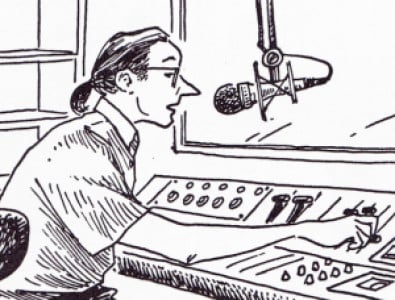Medical Narration
Description
Vocal Characteristics
Language
EnglishVoice Age
Middle Aged (35-54)Accents
North American (General)Transcript
Note: Transcripts are generated using speech recognition software and may contain errors.
Mike Akande. Rheal Diseases are a hetero genius group of disorders in which might Akande riel disfunction produces clinical disease in the central and peripheral neuromuscular systems might have conned riel myopathy. These are diseases in which the clinical presentation and course of illnesses are dominated by a pathologic involvement of muscle. The heart is a remarkable organ. It is a muscle that relaxes and contracts pumping blood, carrying oxygen and nutrients throughout the body. The steady rhythm of these contractions is controlled by electrical impulses that travel through the heart first through the upper chambers, called the Atria, and then through the lower chambers called the ventricles. In order to reach the ventricles, electrical impulses must pass here at the atrial ventricular node atrial fib. Relation occurs when a storm of electrical impulses spread through the atria in a chaotic and disorganized pattern, causing the atria to begin rapidly contracting. As a result, the ventricles may also begin contracting faster. When the heart is an atrial, fibrillation in the body can't receive the blood and oxygen and knees. The open enrollment period for your health insurance plan comes once every year, usually during the fall. The corresponding paperwork typically generates as much enthusiasm is your yearly tax forms. But don't be tempted to just put a check mark next to your current plan. With so many insurers and employers raising health insurance premiums and scaling back benefits, you need to know how your health plans stacks up against any others offered you a work and whether it's the best choice for you. Fibromyalgia syndrome, or FMS, is a chronic disorder affecting millions of people, causing widespread pain and joints, tendons and muscles. Patients feel pain that as many as 18 specific tender points small areas on the body less than an inch across. Even the slightest pressure on a tender point can cause excruciating pain. Sufferers may describe. Their pain is a deep, persistent ache stabbing or shooting muscular pain or a burning sensation beneath the skin. Other common symptoms include incapacitating fatigue, depression or anxiety, trouble sleeping and problems with memory.
